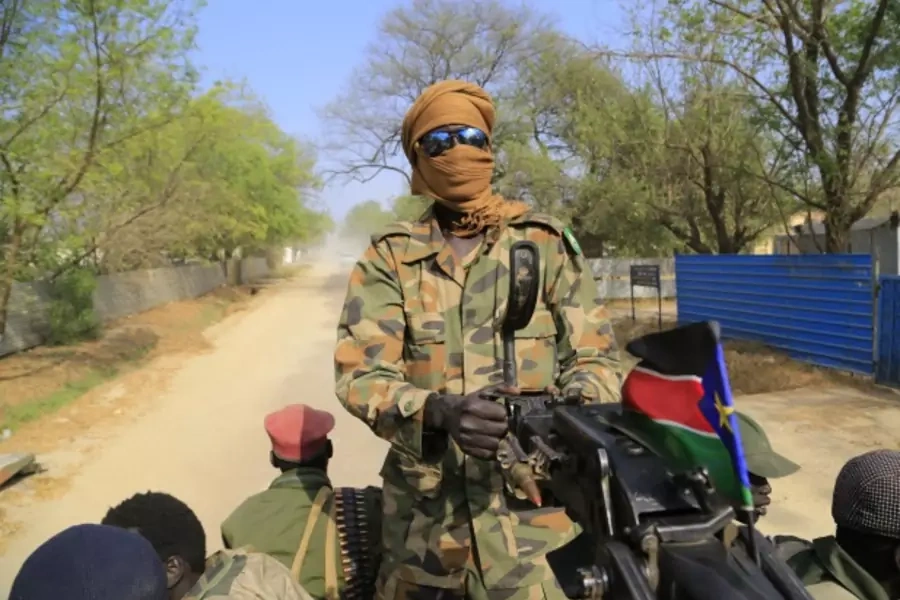More on:
Welcome to “Women Around the World: This Week,” a series that highlights noteworthy news related to women and U.S. foreign policy. This week’s post, covering August 13 to August 19, was compiled with support from Becky Allen and Lucy Leban.
Aid Workers Raped in South Sudan
News reports emerged this week suggesting that South Sudanese troops attacked, raped, and abused foreign aid workers and local civilians at a residential compound in Juba this past July. A local journalist was killed during the rampage, while many other individuals were beaten, looted, and gang-raped. According to the Associated Press, neither the local UN peacekeeping force nor embassies responded to pleas for help during the four-hour targeted assault. Ambassador Samantha Power described the United States’ outrage over the attacks and concern about the lack of response by UN peacekeeping forces. In an August 15 statement, she wrote, “[i]t is especially reprehensible that the perpetrators appear to have targeted those who came to South Sudan despite risks to their own personal safety to help the country and its people.” UN Secretary-General Ban Ki-moon has called for an investigation into the UN peacekeeping force’s failure to respond.
Boko Haram releases video of Chibok girls
More than two years after Boko Haram abducted nearly three hundred schoolgirls from Chibok, Nigeria, the terrorist group released a video of about fifty of the abductees and demanded that the Nigerian government release militants in exchange for the girls’ return home. Since the abduction in 2014, a few girls have escaped and numerous others allegedly have been killed in airstrikes, but about two-hundred of the kidnapped girls are still believed to be held captive by Boko Haram, with many reportedly subject to forced marriage and sexual abuse. While the Chibok incident galvanized significant media attention with the hashtag BringBackOurGirls, human rights groups report that the kidnapping of children continues, with nearly 2,000 girls and boys abducted by Boko Haram since 2014.
Gender equality and the Olympic Games
A review of ninety-eight nations revealed a strong, positive correlation between gender equality and the number of Olympic medals won by athletes in countries around the world. The analysis drew upon data from the UNDP’s annual Human Development Reports, which measure gender equality in the health, economic, social, and political sectors, as well as data from the International Olympic Committee between 1996 and 2012. The results suggest that increased gender equality not only provides women with greater opportunity to bring home medals, but also is associated with more medals for men. The findings corroborate a 2014 study, which found that a ten-point increase in gender equality is correlated with two to three additional medals won by male athletes and four to five more won by female athletes, even when controlling for known predictors of Olympic success, such as a country’s population or GDP.
More on:
 Online Store
Online Store
